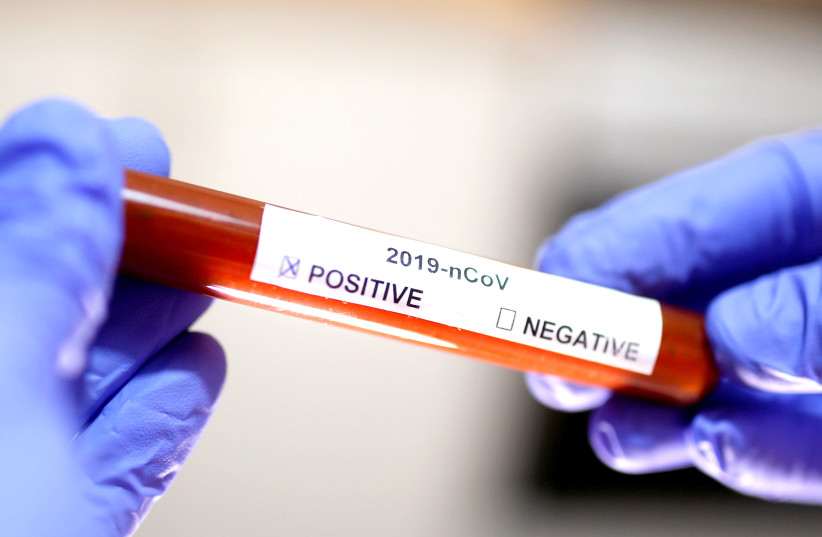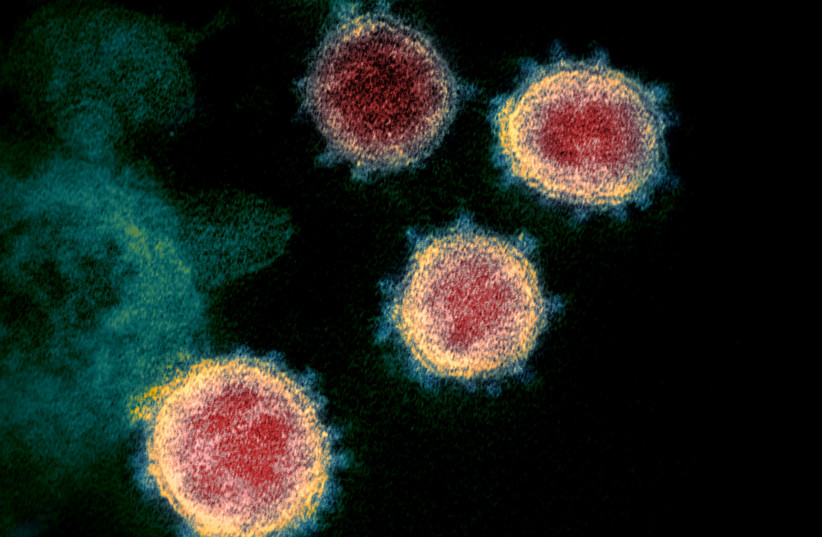As of Sunday, only two people infected with Omicron had been identified in the country. Another 12 cases were under investigation.

The increase in corona cases registered in Israel in the past few days is unlikely to have been caused by the new Omicron variant, two experts said on Sunday.
“In Israel, we regularly do genetic sequencing of samples of PCR results, and we have not detected the variant before the case of individuals recently coming back from abroad,” said epidemiologist Prof. Nadav Davidovitch, director of Ben-Gurion University School of Public Health. “We can further examine the question but it does not look like this is the case.”
As of Sunday, two people infected with Omicron had been identified in the country, with another 12 cases under investigation.
“We did not see any case of the variant two or three weeks ago,” confirmed Prof. Cyrille Cohen, head of the immunotherapy laboratory at Bar-Ilan University. “The increase in cases is due to the Delta variant.”
Davidovitch said that vaccinating children ages 5-11 is an important tool to prevent a further wave in Israel, but not the only one.

“I think it is correct to employ a multi-layer approach, including vaccination for children as well as adults who have not been inoculated or need a booster; contact tracing; ventilation of close spaces including classrooms; and sampling of the sewages to check for the presence of the virus and the variants,” he said. “We should also enforce mask-wearing and the Green Pass.”
While vaccination is important in general, Cohen said that in the case of Omicron, it is too early to determine whether the vaccine is effective against it.
“Looking at the variant, I hope that the vaccine is at least partially effective against it, but we do not know yet,” he noted. “It is going to take another two weeks or so.”
There are already indications that Omicron spreads two to six times quicker than Delta.
“Also for that, it is a little early, we are only talking about predictions,” Cohen said. “We do see it is the more mutated variant so far – we see many mutations in the spike protein.”
Both Cohen and Davidovitch said that it is also premature to conclude whether the morbidity caused by the variant is relatively mild or more severe.
As for the government’s decision to close the borders to foreigners, put several countries under a travel ban, and require vaccinated Israelis who return from abroad to quarantine for three days, Cohen said that he believed it was the right move.
“Israel’s approach has been extremely conservative, but I believe that even if it is painful it makes sense,” he said. “In the first wave, closing the borders allowed us to have a relatively low number of deaths. While we cannot necessarily prevent a variant from spreading, we can at least contain it until we know more about it and decide what to do.”
Israel had 7,406 active cases as of Sunday night.
Between November 21 and 27, 509 new virus carriers were identified on average every day. The previous week they were 456, and the one before that 443.
As reported by The Jerusalem Post
